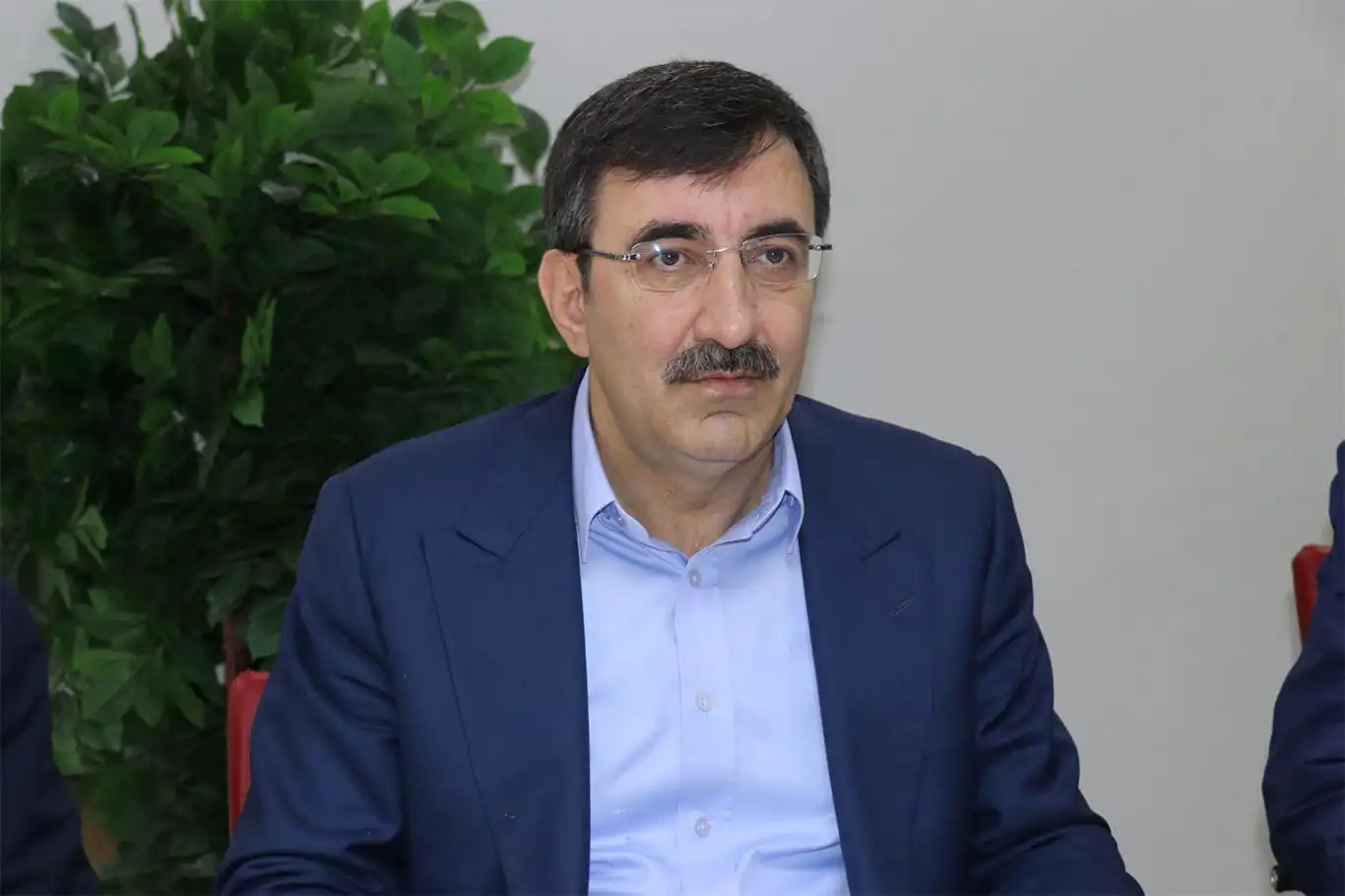Yılmaz highlights Türkiye's economic resilience, outlines inflation strategy


Turkish Vice President Cevdet Yılmaz delivered a comprehensive speech on economic achievements and plans to address inflation during an iftar dinner in Elazığ.
Despite recent challenges, including earthquakes, Yılmaz emphasized the Turkish economy's resilience, noting a growth rate of 4.5 percent even after the earthquake last February.
Exports played a crucial role in this success, reaching $256 billion, while tourism revenue surpassed $54 billion, showcasing Türkiye's appeal to international visitors.
Yılmaz addressed concerns about the budget deficit, assuring the public that it had been reduced to 5.2 percent from an anticipated 10 percent.
Celebrating a milestone in employment, Yılmaz announced that over 32 million individuals were employed by the end of last year, highlighting the government's commitment to job creation.
However, Yılmaz acknowledged the challenge of inflation, outlining plans to address it. He projected significant decreases in inflation starting from June and July, aiming to reach around 15 percent by 2025 and single-digit figures by 2026.
Yılmaz credited President Erdogan's strong leadership for these positive economic forecasts and stressed the government's systematic approach to achieving stability. (ILKHA)
LEGAL WARNING: All rights of the published news, photos and videos are reserved by İlke Haber Ajansı Basın Yayın San. Trade A.Ş. Under no circumstances can all or part of the news, photos and videos be used without a written contract or subscription.
President Recep Tayyip Erdoğan pledged that Türkiye will bring inflation down to single digits, emphasizing that the government’s economic roadmap is already yielding positive signs.
The Turkish Statistical Institute (TurkStat) reported on Thursday a mixed picture for the country's trade sector in October 2025, with retail sales showing robust annual growth while overall trade volume contracted slightly on a monthly basis.
Türkiye’s industrial production showed mixed performance in October 2025, posting an annual increase while declining on a monthly basis, according to data released on Wednesday by the Turkish Statistical Institute.
Türkiye’s construction sector faced continued cost pressures in October 2025, with the construction cost index (CCI) rising both on a monthly and annual basis, according to data released Wednesday by the Turkish Statistical Institute.